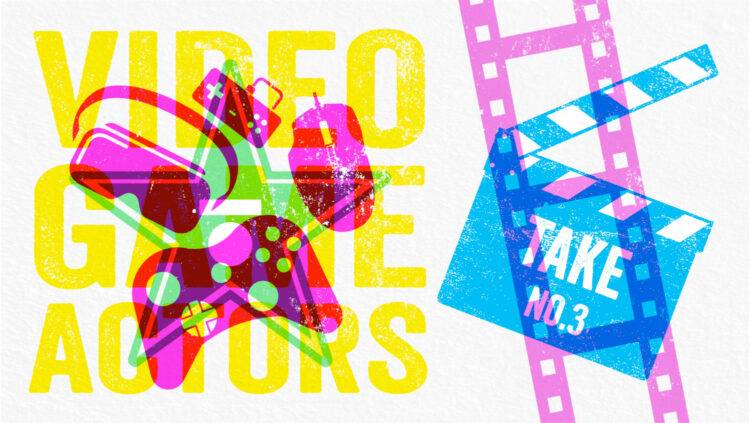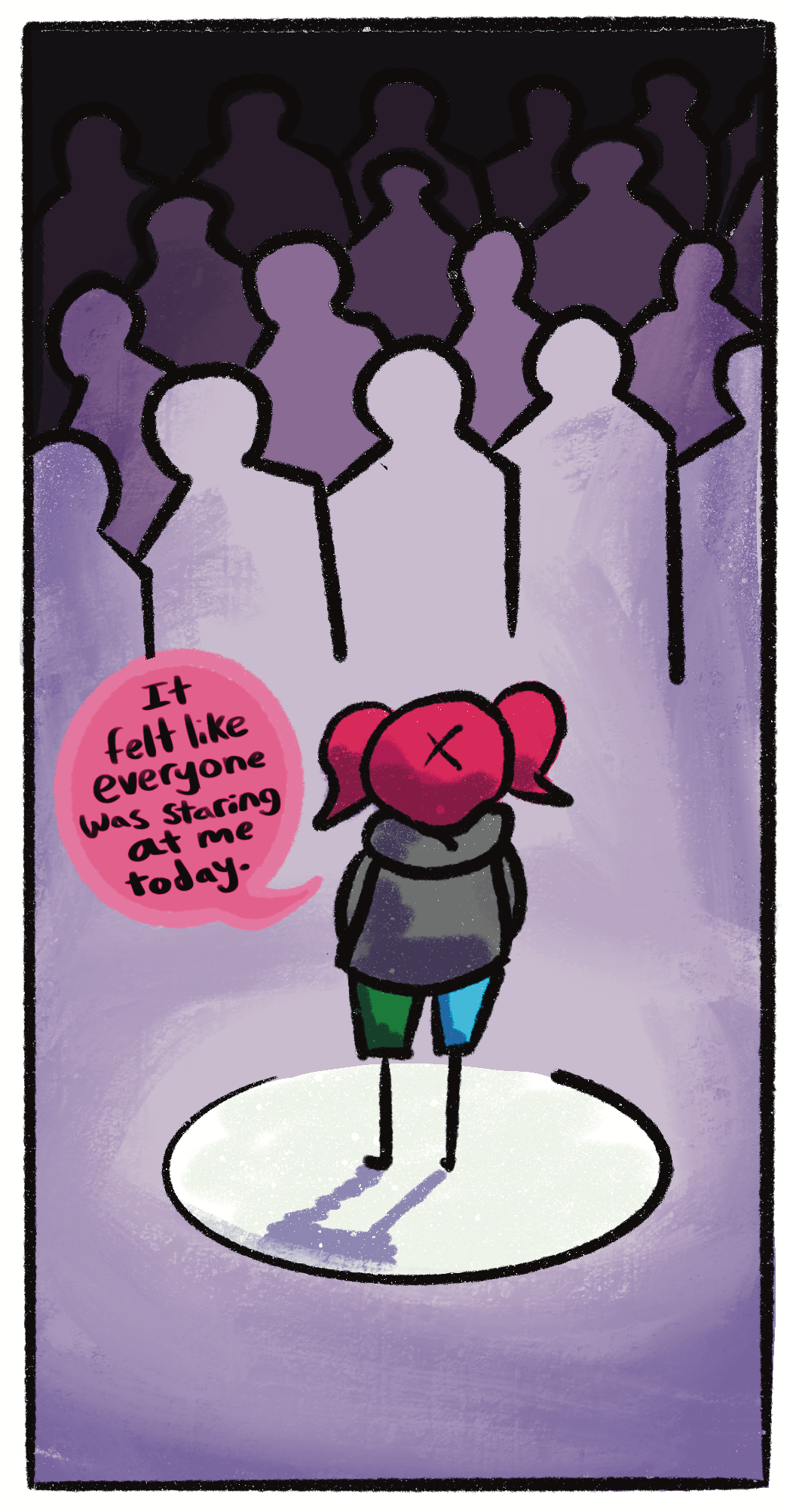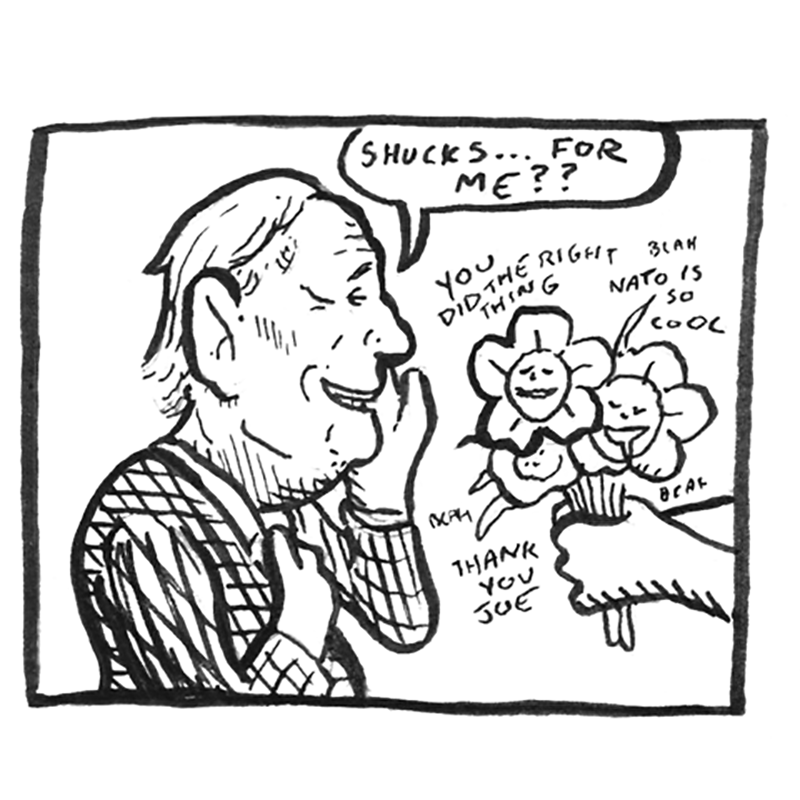
Last year, the Summer of Strikes was headlined by landmark, record-breaking strikes. The Screen Actors Guild-American Federation of Television and Radio Artists and the Writer’s Guild of America challenged the Alliance of Motion Picture and Television Producers. Both guilds fought for and earned better labor protections for guild members working in television and film, specifically in setting standards around the use of artificial intelligence.
A year later, SAG-AFTRA is once again on strike, fighting against unrestricted use of AI in another area of the entertainment industry: video games.
As of 12:01 a.m. on July 26, 2024, SAG-AFTRA’s video game performers are officially on strike, this includes voice actors, motion capture performers, stunt performers, and any other SAG-AFTRA union members who work as performers on video games.
Video Games are a 200 billion dollar industry, and it is an increasingly large area in which actors and performers are working. The video game industry is also an area where AI is a very hot topic and is already being implemented. It is no wonder that video game performers are seeking protections against AI.
This strike comes out of nearly two years of failed negotiations between SAG-AFTRA and the representatives on the bargaining committee for the video game companies. These negotiations began in October 2022. On September 24, 2023, SAG-AFTRA union members voted to authorize a strike should negotiations fail. The major sticking point in these long negotiations is the use of AI and, more precisely, who counts as an actor in regulations protecting actors from being replaced by AI.
“The employers have stalled and dragged out this negotiation for almost two years. Two years without a pay raise while we endure record inflation, and two years while they try to advance their ability to displace us with technology,” said Zeke Alton, a video game actor, who is the only person who serves as a negotiator for both the interactive (video game) contract and the TV/film contract.
In SAG-AFTRA’s official announcement of the strike, Interactive Media Agreement Negotiating Committee Chair Sarah Elmaleh is quoted as saying, “Eighteen months of negotiations have shown us that our employers are not interested in fair, reasonable A.I. protections, but rather flagrant exploitation. We refuse this paradigm – we will not leave any of our members behind, nor will we wait for sufficient protection any longer.”
The strike authorization and the subsequent strike are ways for SAG-AFTRA to increase their leverage and put pressure on the major video game companies to come back to the table and reach a contract both parties can agree to.
Voice-over actor and SAG-AFTRA member, Linsay Rousseau, who is on the interactive negotiating committee, voiced concerns over stunt performers and those who provide the real-life motion for in-game movement and creature work being labeled by video game companies as “reference data” as opposed to performers.
“We refuse to accept any contract that does not protect all of our members. They’re doing very, very strenuous work, eight hours a day on a stage, doing walk cycles, run cycles, creature work, stunts, literally putting their bodies through the ringer and at risk to provide the physicality of the characters that you see in video games. And so we refuse to settle and say that they are nothing more than data,” Rousseau said.
Similarly, Alton emphasized concern about AI being used to replace the jobs of actors, both for the livelihoods of the actors and for the product AI is capable of making.
“Across entertainment, there is a danger of human replacement by subpar and unoriginal performance derived from the theft of our previous work. Video Games are very reliant on technology and generally at the forefront of innovation. Every job we do is for a digital avatar of some sort. That’s how games are made. It’s not a difficult logical leap to see a future where the employers have trained a system on our work to simulate us without having to hire us again,” said Alton.
If AI can use performers to generate new performances, this leads to a gray area for job security. As Linsay points out it is, “a very slippery slope” because a performer could “do one more job and then are never hired again, because their synthetic replica is used to replace them without any additional compensation.”
At the heart of the debate around AI is concerns about consent and compensation. What can video game companies do with the voice and likeness of the performers working for them? Are those performers compensated fairly?
Looking at Who is SAG-AFTRA Striking Against
SAG-AFTRA, themselves, and many news outlets have highlighted ten companies that are part of the “convenience bargaining group with whom SAG-AFTRA is negotiating.” The list of companies is as follows:
- Activision Productions Inc.
- Blindlight LLC
- Disney Character Voices International Inc.
- Electronic Arts Inc.
- Formosa Interactive LLC
- Insomniac Games Inc.
- Llama Productions LLC
- Take-Two Productions Inc.
- VoiceWorks Productions Inc.
- WB Games Inc.
Some of these companies are recognizable as video-game industry juggernauts — in particular Electronic Arts, also known as EA, which is known for “The Sims” and the “EASports” franchises, and Activision is the studio best known for “Call of Duty.” Others may not know by name, but will likely know their titles. Take-Two Productions is the studio behind “Grand Theft Auto, and “RedDead”. Insomniac Games, along with Marvel Games, created the wildly popular Spiderman games for the PlayStation.
Two of the companies on this list, Disney Character Voices International and WB Games, are divisions of very well-known entertainment megacorporations. WB Games, Warner Bros. game development company. Disney Character Voices International is a subsidiary of Disney that translates and dubs Disney-produced content, including Disney video games, into various languages.
VoiceWorks Productions is a company that does voice-overs. Video games they’ve had voice actors work on include many video games based on pre-existing movies or television shows.
Blindlight and Formosa Interactive are companies that assist other companies with games with additional, art, voice acting, writing, music, audio, etc. Blindlight has worked on “Skyrim,” “CookieRun Kingdom,” “Fallout 76,” and “Destiny,” to name a few. Formosa contributed to similarly significant titles, including “Legends of Zelda: Breath of the Wild,” both games in the “The Last of Us” series, and “Genshin Impact.”
Finally, Llama Productions seems to have little to no web presence or accessible information about their company.
Between these 10 companies, many different areas of the game development and video game voice-acting industries have been seated at the table across SAG-AFTRA during their negotiations prior to the strike.
The strike is not limited to these companies. It extends to any video game production hiring SAG-AFTRA guild members. Video game companies seeking to hire SAG-AFTRA guild members during the strike must sign SAG-AFTRA’s interim agreement contracts which “offer critical A.I. protections for members.” This is similar to the guidelines SAG-AFTRA had for television and movie productions during the strike against the AMPTP.
Already AI is Already Taking Over the Gaming Industry
AI dominates conversations about the future of gaming.
In October 2023, Bobby Kotick, the at-the-time CEO of Activision Blizzard told Windows Central, “If you look at the new technologies that are on the horizon, we’re going to be able to do things that we’ve never done before with AI and machine learning. The quality of graphics are now elevated to a place where we’re going to need more writing talent and more acting talent — because we won’t be able to actually fulfill the expectations of our players.”
However, in July 2024, Wired reported that “an estimated 10,500 people in the industry were laid off in 2023 alone,” with an additional 11,000 people being laid off already in 2024. As these layoffs are happening, generative AI is growing.
In that same Wired report, former employees of Activision went on record about internal memos announcing the approval of using AI-generated content in concept art and marking for Activision games. And in late 2023, Activision reportedly did sell an AI-generated cosmetic feature for “Call of Duty: Modern Warfare 3.”
“We are at the crux of an existential crisis, both in this industry and within society at large when it comes to unregulated use of artificial intelligence. It is a threat to so many industries right now,” said Rousseau.
It’s not just Activision. Many of the ten video game companies highlighted as part of the convenience bargaining group already have made headlines about their use of AI or prospective use of AI in their interactive media/video games.
Disney is reportedly creating an AI task force to review various areas of Disney’s business model to see where AI could be implemented.
EA CEO Andrew Wilson went on record about AI when talking with PC Gamer. Wilson believes that more than 50% of Electronic Arts’ development processes will be “positively impacted” by AI.
“There’s a real hunger amongst our developers to get to this as quickly as possible because, again, the holy grail for us is to build bigger, more innovative, more creative, more fun games more quickly so that we can entertain more people around the world on a global basis at a faster rate,” Wilson told PC Gamer.
In November 2023, an EA patent was leaked that would allow a player’s character to be voiced by the player themself through the use of generative AI, effectively removing the need for a voice actor to voice the player character.
Similarly, in August 2023, HoYoverse, the company that publishes “Genshin Impact” which is a game Formosa contributed to, was called out by voice actor Kyle McCarley for a job posting on Linkedin titled, “Researcher, Speech and Audio.” The job description included researching and designing generative models, expression text-to-speech modeling from speech datasets, and research about datasets for audio generation.
McCarley wrote, in a series of tweets, “To all my colleagues working on HoYoverse games: this is a job posting on their LinkedIn. They are using your work to train generative AI models.”
In May of 2023, Take-Two’s CEO Strauss Zelnick spoke about AI during an investor Q&A, saying he is enthusiastic about AI and that Take-Two has always been a leader in the space of machine learning. Zelnick stated that jobs will be made “a whole lot easier and more efficient by developments in AI,” but that “hits are created by genius. And data sets plus compute plus large language models does not equal genius. Genius is the domain of human beings and I believe will stay that way.”
Finally, Warner Bros., which owns WB Games, has announced a partnership with AI company Futurverse, to bring “Ready Player One’s” fictional virtual reality to life via a project named “The Readyverse” set to release in 2024. This “Readyverse” will theoretically compete with Facebook’s “Metaverse.”
AI is growing, and it isn’t going away anytime soon. There are real benefits and concerns when it comes to AI. The question is how to protect creatives working in these fields as AI expands.
SAG-AFTRA’s contract negotiations and strike are one way of working to put those protections in place.
How to Support the SAG-AFTRA Video Game Strike
Amidst the actors’ and writers’ film and television strikes last summer, there was a huge wave of support on the picket lines and across social media from both people working in these creative industries and everyday people as well.
“[The 2023] TV/theatrical strike itself did energize the Union’s membership. Many of the members had never experienced a strike before and they weren’t aware of the power of a motivated labor force,” said Alton.
“I do think in general, not just the TV theatrical strike, but all the strikes we’ve been seeing throughout the country, the teachers, the hotel workers, Disneyland, has shown that there is now a desire for workers to be treated fairly. So this is a broader labor union movement that’s happening, and that we are tired of these billionaire CEOs, making decisions that just make themselves richer at the expense of those of us who are working day to day,” said Rousseau.
When it comes to the video game actor’s strike, social media appears to be the place that is most important to show solidarity as in-person pickets are rarer due to the medium of video games being digital and remote. Alton, in particular, stressed that social media is the best way for the video game community to reach each other and that SAG-AFTRA and its supporters have to take advantage of that space.
Both Rousseau and Alton discussed how much support they’ve seen on social media from labor unions, indie game developers, streamers, video game fans, and average people. At the moment SAG-AFTRA is not requesting any boycott of video games.
As an artist, what is fair compensation for your work? When do you get compensated? Do you wonder if the contracts you sign will, in the future, protect or restrict you as an artist? And what happens when new technologies complicate your career or livelihood?
For students at the School of the Art Institute of Chicago and other art-based universities across the United States, these questions come up constantly in classrooms and among peers — and they’re also being debated across the entertainment industry. “How Striking” is a column that seeks to explore these questions and inform the SAIC community on the labor and employment side of the entertainment industry.







